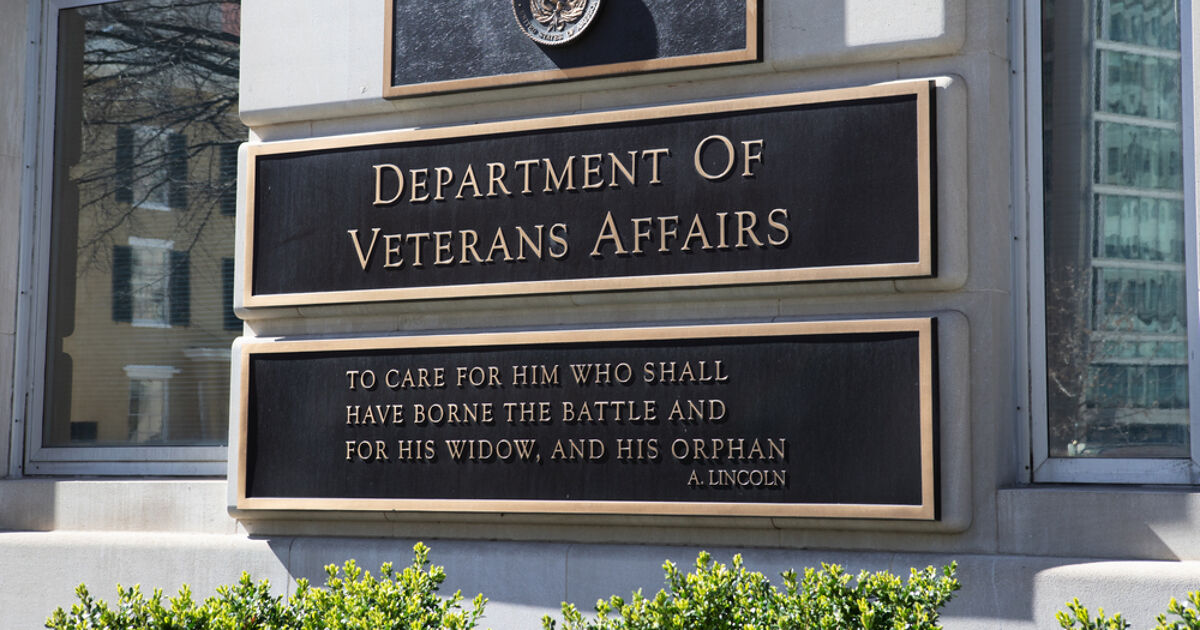The VA is limiting breast cancer care because of Donald Trump
The Department of Veterans Affairs (VA) has reportedly moved away from providing coverage for breast cancer in male patients. While breast cancer is a rare but serious health problem for cisgender men, the memo in question cites one of Trumps anti-trans executive orders as the reason for the change.Cancer in male veterans should be covered, a VA oncologist, Dr. Anita Aggarwal, toldProPublica. These people have put their lives at risk for us. Related VA bans doctors from referring trans veterans to private gender-affirming care providers According to a memo obtained by ProPublica, male breast cancer will no longer be covered by policies that are part of the Promise to Address Comprehensive Toxics (PACT) Act, which made it easier for veterans to receive necessary care through the VA.In that memo, the Trump administration argues that under Biden, male breasts were falsely classified as reproductive organs, which meant that male breast cancer could be covered under the PACT Acts remit of covering reproductive cancer of any type. Insights for the LGBTQ+ community Subscribe to our briefing for insights into how politics impacts the LGBTQ+ community and more. Subscribe to our Newsletter today While this appears to be an attempt to attack the trans community, ignorantly asserting that men dont have breasts, the Biden administrations decision was based on science. They found thatthe marked similarity of male and female breast cancer and the similarities between the epidemiology, treatment, and psychosocial effects of breast cancer in males compared to females justified the coverage.Rosie Torres campaigned for the PACT Act alongside her veteran husband, Captain Le Roy Torres. Speaking to ProPublica, she highlighted the major damage this seemingly anti-trans move would have: If you dont like the reproductive word, do it under another category. Dont remove it. These are peoples lives. People serving in the armed forces have historically been at a higher risk of being exposed to toxins and environments that can cause or exacerbate many health conditions, including cancer. Prior to 2022, veterans would have to prove that their illnesses were caused by exposure to chemicals and toxins during their military service by providing extensive paperwork and evidence. Those requirements were often not feasible for many veterans to meet, especially when dealing with health issues.Under the Biden administration, the PACT Act was passed by Congress and signed into law. The act reduced the burden of proof to showing that an illness was the result of military service, which added a list of presumptive conditions and presumptive-exposure locations. This meant that veterans simply had to provide their military records to show they were in an exposure location to have their care for certain conditions covered under the VA.That list of presumptive conditions no longer includes male breast cancer, as confirmed by the VAs press secretary, Pete Kasperowicz: As of Sept. 30, the department no longer presumes service connection for male breast cancer. While male veterans already being treated for breast cancer can still receive care through the VA, those with new diagnoses will be required to meet that earlier, higher standard for proof of military connection. Studying occurrences of male breast cancer in veterans is particularly difficult due to a combination of the Healthy Soldier Paradox and socialized stigma around the health condition. However, as many as 100 male veterans are diagnosed with breast cancer every year, and women in the military are 40% more likely to develop breast cancer than civilian women. Those incidents of breast cancer have been tied to chemical contamination, including at Camp Lejeune.While breast cancer is less common in men, with about one case for every 100 in women, it often presents at a later stage and has a much higher mortality rate. For trans men, their risk of developing breast cancer sits somewhere between that of cis men and women.Subscribe to theLGBTQ Nation newsletterand be the first to know about the latest headlines shaping LGBTQ+ communities worldwide.




